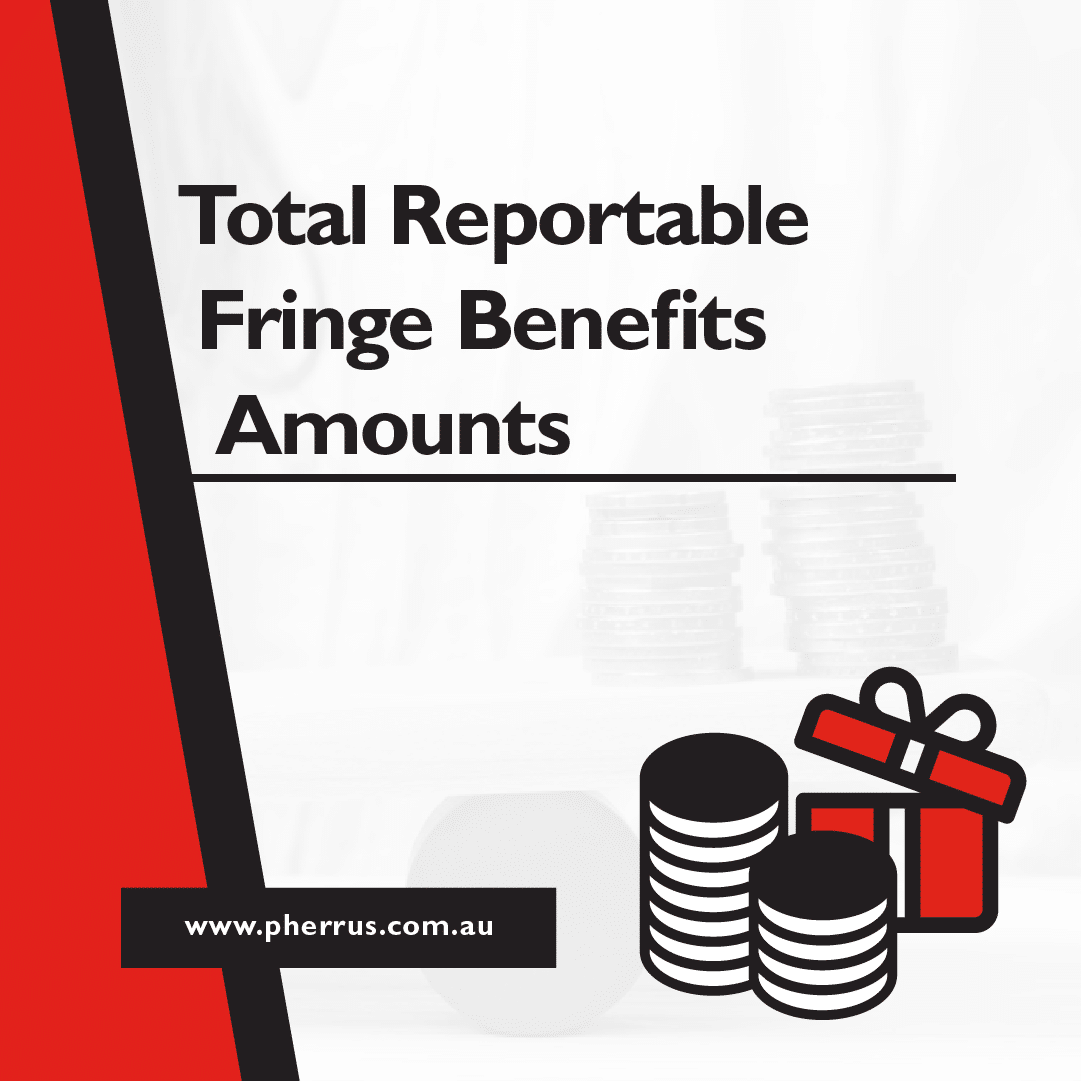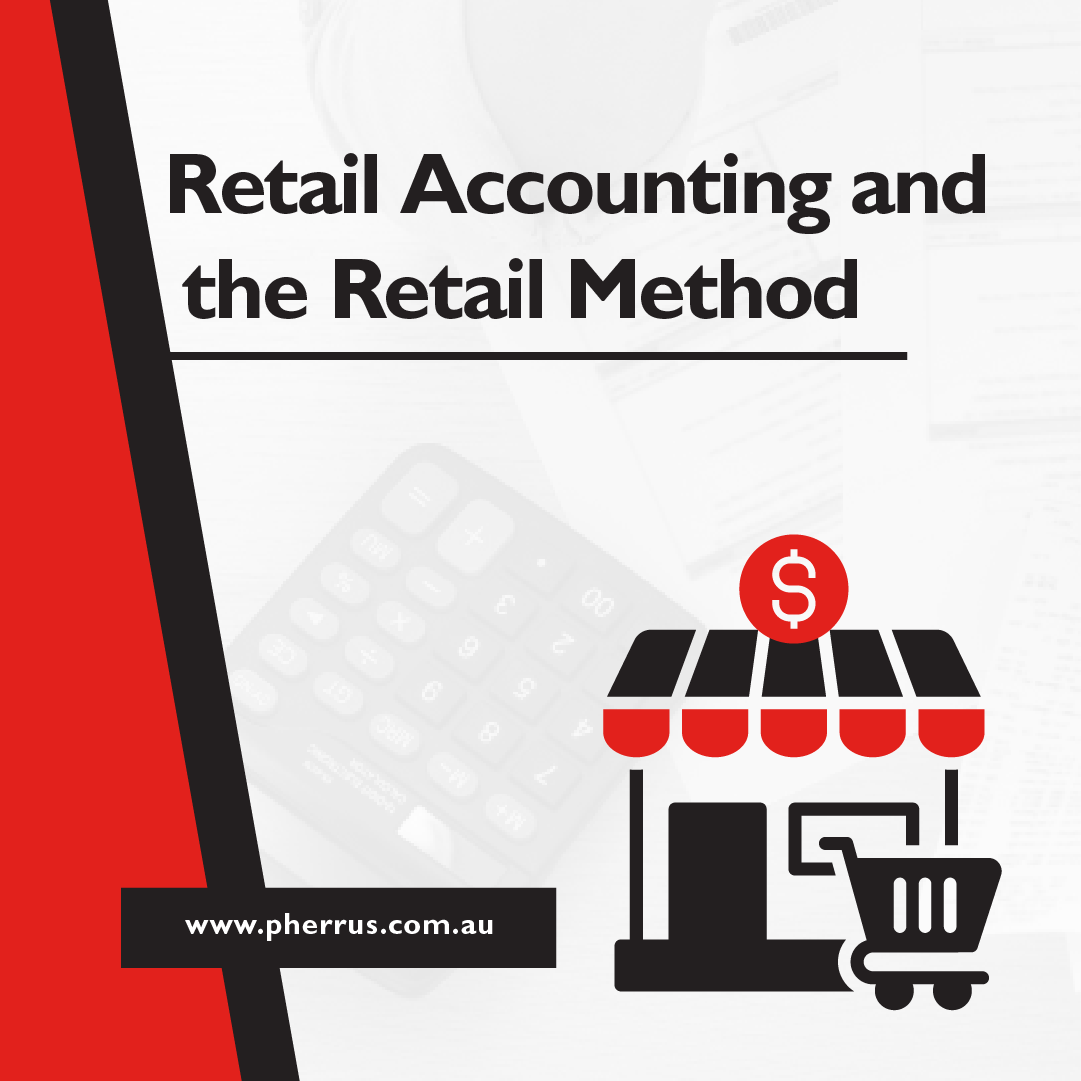With the Covid-19 pandemic having wreaked havoc on the national economy, the government has responded proactively, putting in place a series of economic stimulus measures. Initial measures concentrated on providing businesses with the short-term tax relief and income they needed to pay employees and essential overheads during the time when lockdown measures were most stringent. As the country begins to move forward towards trading in a manner which discourages the spread of the virus, additional government assistance is being offered. This is intended to kick start the economy, providing the tax breaks and incentives businesses need to hit the ground running when the conditions are right for trade to pick up again.
Two important measures that can make a real difference to tax liability for SMEs relate to the taxation of assets purchased between 12th March 2020 and the end of the financial year (30th June 2020). Read on to find out how to take advantage of the opportunity to potentially achieve significant tax savings on fresh assets.
A temporary increase in the write-off limit for business assets
Usually, SMEs can claim a maximum of $30,000 deductions against tax in any one year. Historically, if they spend more than this, the balance may have to be claimed against tax in a future year. In an effort to aid SMEs affected by the pandemic, the government has temporarily increased this amount to $150,000. This means that the cost of assets purchased between 12th March 2020 and 30th June 2020 can be off-set against pre-tax profits to a maximum of $150,000. For businesses that need to invest in fresh equipment, plant or a new vehicle, now is the perfect time to make that essential purchase.
Note that to be eligible, businesses need to have a total turnover of less than $500 million. The new, higher limit only applies to assets which were either installed and/or used on or after 12th March until 30th June 2020. This means that if you haven’t yet purchased some essential assets, there’s still time to make those purchases in order to take advantage of this one-off tax relief benefit. The deduction can be applied multiple times across different assets, provided no single asset costs more than $150,000. Assets may be new or second-hand.
Claiming deductions on new depreciating assets faster than usual (backing business investment)
This measure is part of the government’s intention to back business investment. The idea is that you can claim deductions on some new depreciating assets faster than usual: accelerated depreciation. To take advantage of this measure, the asset in question needs to be a depreciating asset that was first used and/or installed for your business to use on or after 12th March 2020 and before 30th June 2020. To take full advantage, it’s important that your business hasn’t already taken advantage of alternative depreciation deductions, or classed the asset as appropriate for instant write-off.
The two measures mentioned above are part of a wide-ranging set of potential support mechanisms which the government has put in place to help the economy recover from the damaging effects of the Covid-19 pandemic. We urge all businesses to acquaint themselves with the various measures on offer: many are time-limited, so prompt action is needed in order to take advantage of them before the relevant deadline. Others require specific pieces of financial information, which may require time and expertise to put together. With some businesses standing to gain thousands of dollars if they take advantage of all the government measures for which they’re eligible, becoming informed on what’s out there is absolutely essential.
As a first step towards obtaining a better idea of what assistance is available to SMEs, we suggest taking a look at the treasury’s website: specifically, the Support for Businesses page. This contains clear, albeit brief, information on the various options that are open to businesses. Note that each measure has various eligibility requirements and that for some businesses, there may be inconsistencies between the recent measures and their previous accounting arrangements. If you have any doubt about what’s going to be best for your business, or need assistance in putting together the correct paperwork to qualify for a subsidy, tax relief measure or other financial benefit, obtaining professional advice is vital.
Remember that there are a number of other thresholds, requirements and legal constraints which may apply to specific assets. At Pherrus Financial Services, we’re always happy to help when it comes to working out tax obligations for individual companies. We have also been making sure we’re up-to-date on all the latest Covid-19 economic stimulus measures. Please contact us so that we can help you discover if you’re eligible for any tax relief or other financial benefit arising from the government’s recent economic recovery activities. We are here to help!
Image by mohamed Hassan from Pixabay




